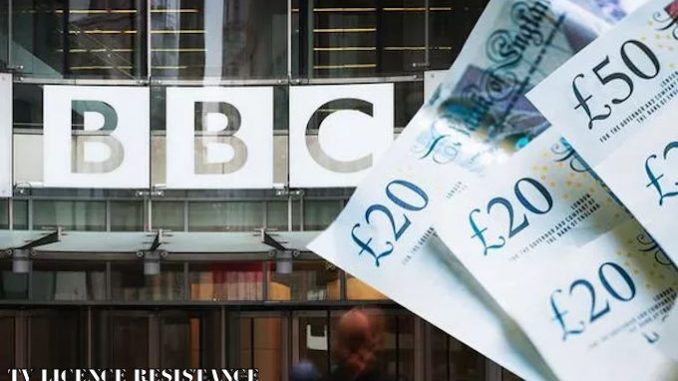
THE BBC has blown an eye-watering £7million on a licence fee project which the broadcaster went on to ditch after just nine months.
Work started on a £46million plan to upgrade the system storing addresses and sending letters in March 2019. But it was stopped only nine months later as the BBC wanted to focus its resources on charging over-75s for TV licences.
A huge £11million – which could pay for 77,000 TV licences – was shelled out on the disastrous plan before it was called off.
While £4million was “repurposed”, some £7million was wasted.
And the broadcaster now needs another £3-5million to pump into the old system.
The shambles was revealed in the TV Licensing report, published earlier this week alongside the annual report.
The BBC’s new director-general, Tim Davie, said: “Progress on the programme stalled because of the need for key resources to support the programme of changes for the new over-75 policy which took priority.
“Due to delays and increased costs the BBC decided to cancel the modernisation programme at a cost of £7million and work is now underway to extend the life of the existing systems.”
The BBC has come under fire in recent months for a series of controversies.

The broadcaster sparked fury when the universal free TV licence for pensioners was axed in August.
Under the changes, over-75s must now receive pension credit to get a ‘free’ TV licences.
And the BBC provoked a furious reaction over plans to drop the words to Rule Britannia and Land of Hope and Glory at the Last Night of the Proms.
The corporation was forced to make a humiliating U-turn following the backlash.
Speaking earlier this month, Mr Davie warned staff the broadcaster cannot be “complacent” about its future following rows over impartiality.
He said the BBC is “still relevant in millions of people’s lives… but, as we look to the future, there is no room for complacency”.
The new director-general added: “If current trends continue, we will not feel indispensable enough to all our audience.
“The evidence is unequivocal – the future of a universal BBC can no longer be taken for granted.”